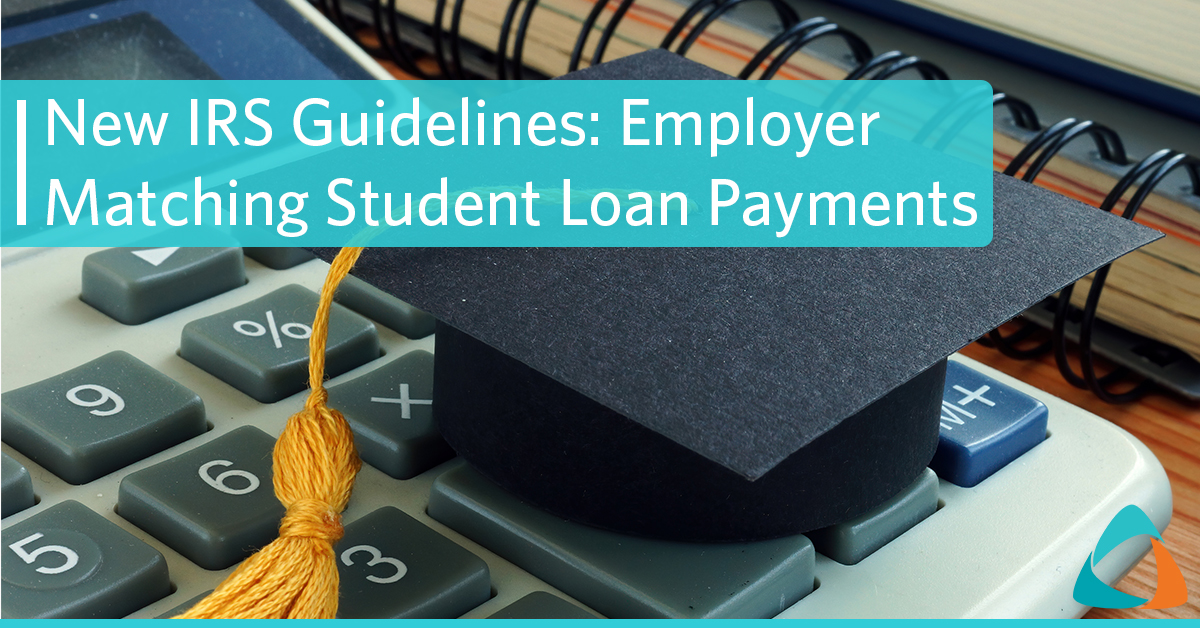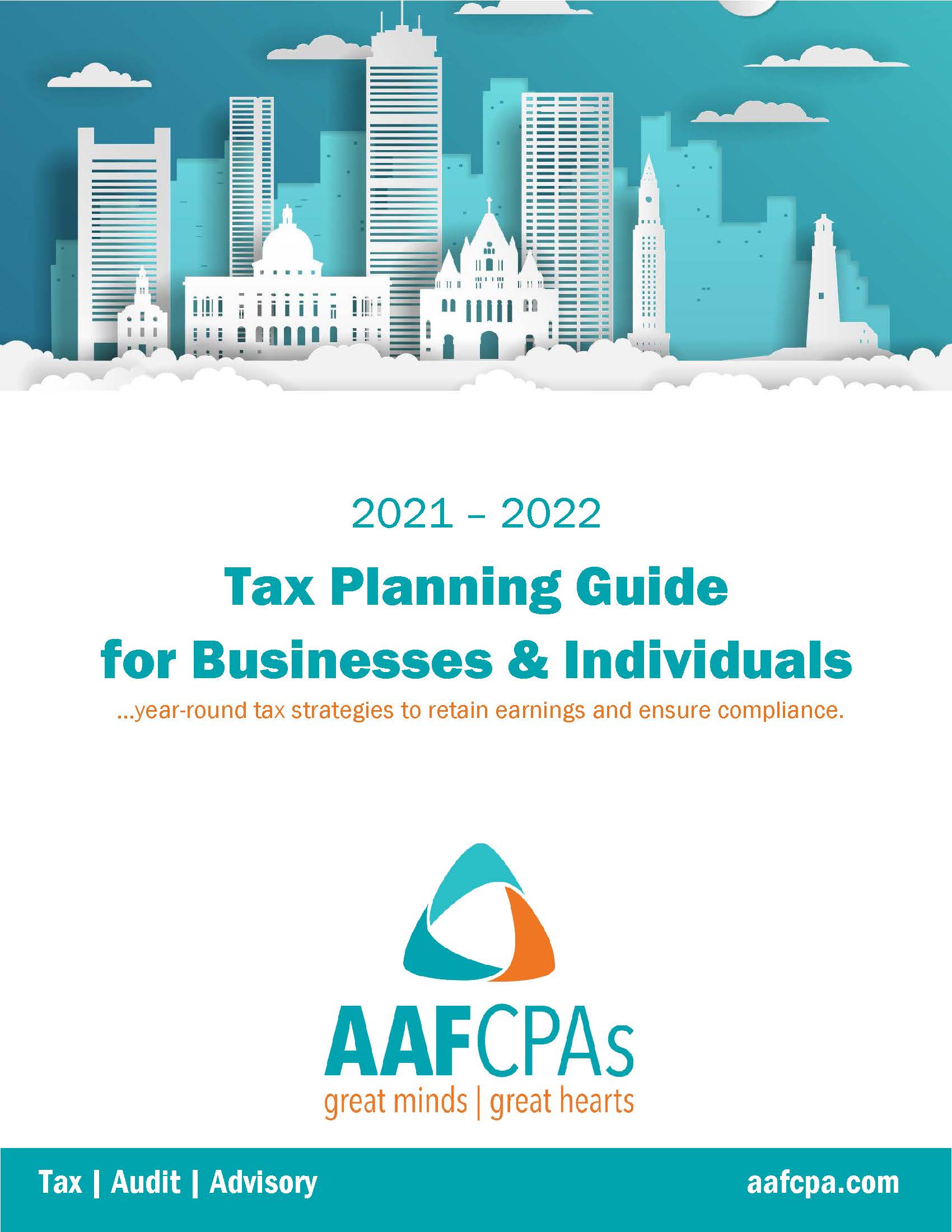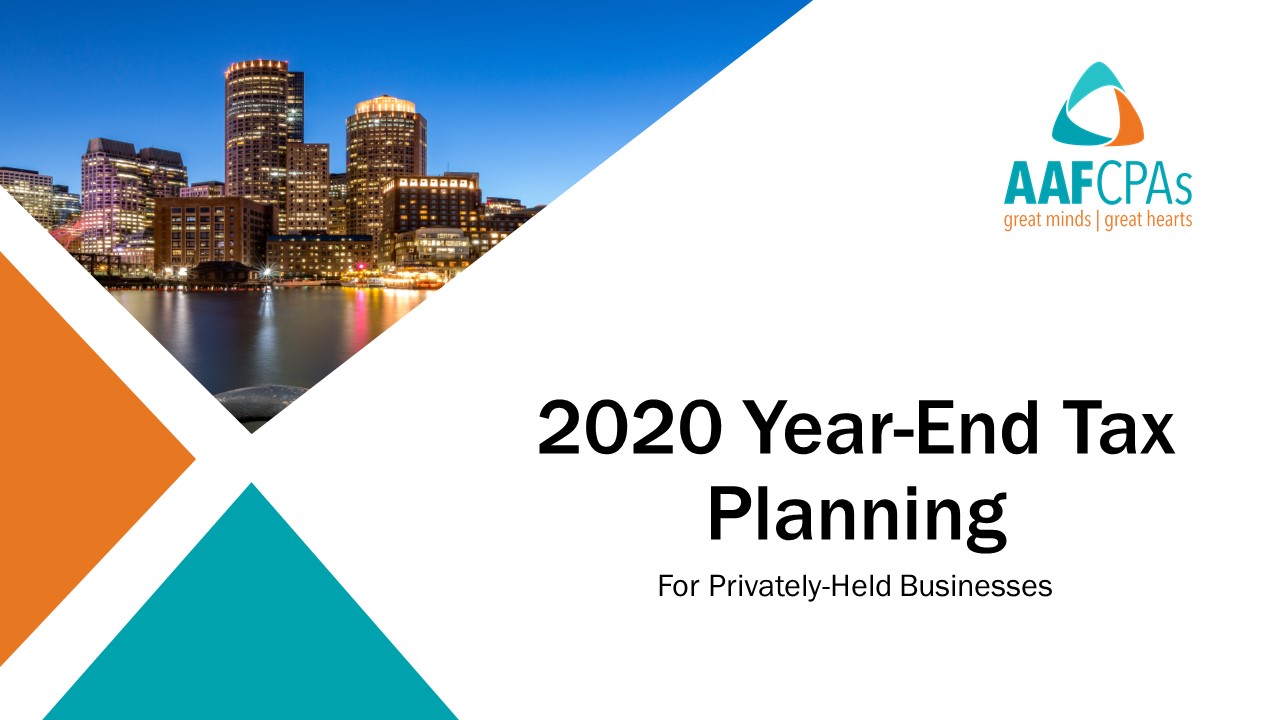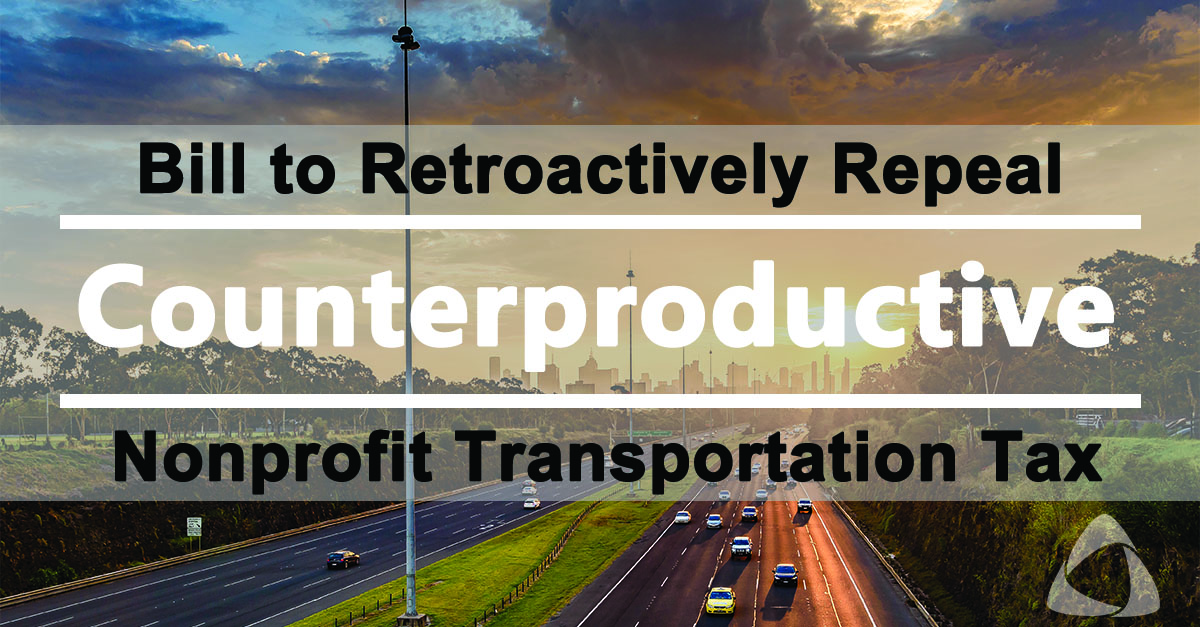Tax Cuts & Jobs Act

New IRS Guidelines: Employer Matching Contributions for Student Loan Payments Explained
AAFCPAs would like to make clients aware that the Internal Revenue Service has issued important interim guidance for employers offering retirement plans, which presents a new opportunity to enhance employee benefits. This guidance, detailed in Notice 2024-63, explains how employers may provide matching contributions to retirement plans based on employee student loan payments, as outlined […]

Tax Planning Guides for Businesses & Individuals (2021-2022)
When considering your optimal tax planning & compliance strategy, business & individual tax payers must account for all current and impending tax code changes. This includes the 2017 Tax Cuts and Jobs Act, the 2019 Further Consolidated Appropriations Act, the 2020 Coronavirus Aid, Relief, and Economic Security Act (CARES Act) and subsequent stimulus initiatives, as […]
“Small” Is Bigger Than Ever
Is Your Business Eligible for Expanded Tax Benefits? Small businesses enjoy several tax advantages that may allow them to reduce their tax bills, defer taxes, and simplify the reporting process. Until recently, federal tax rules generally defined “small business” as one with average annual gross receipts of $5 million or less ($1 million or $10 […]
Relaxed Limit on Business Interest Deductions
AAFCPAs would like to remind clients that the Coronavirus Aid, Relief, and Economic Security (CARES) Act temporarily relaxes the limitation on deductions for business interest expense in an effort to provide tax relief to businesses suffering during the COVID-19 pandemic. TCJA Created New Limitation Before the Tax Cuts and Jobs Act (TCJA), some corporations were […]
When 15-Year Depreciation for QIP Might Be Better Than 100% Bonus Depreciation
Earlier this year, Congress finally passed legislation that corrects a drafting error related to real estate qualified improvement property (QIP). The correction is part of the Coronavirus Aid, Relief, and Economic Security (CARES) Act. The correction retroactively allows real property owners to depreciate QIP faster than before, either 100% the year the QIP is placed […]
AAFCPAs Releases 2020-2021 Tax Planning Guide for Businesses & Individuals
In 2020, tax planning is more complicated than usual. We now have a full view of the impact of United States’ massive 2017 Tax Cuts and Jobs Act (TCJA) and the 2019 Further Consolidated Appropriations Act on clients’ short and longer-term tax planning strategies. We must now evaluate these Acts in tandem with the $2.2 […]

Tax Planning Webinar: Guidance for Businesses Approaching 2020 Year End
In 2020, tax planning is more complicated than usual. It may be daunting to understand what to withhold, or not withhold; where to file or not file; where to retire or not retire; or where to expand or not expand. In this 1 hour webinar, AAFCPAs Tax Advisors will cover what Business Owners, CFOs, and […]
President Signs Law: Repeals Nonprofit Tax, Extends Key Tax Provisions, and Overhauls Retirement Plan Rules
The federal government spending package, titled the Further Consolidated Appropriations Act, 2020, does more than just fund the government. The Act, signed into law by the President last Friday, December 20, 2019, officially repeals the tax on nonprofit transportation fringe benefits and provides a new flat private foundation excise tax. It also extends certain income […]

House Passes Agreement to Repeal Tax on Nonprofit Parking, Transportation Fringe Benefits
AAFCPAs is excited to share with our nonprofit clients and their dedicated employees, on December 17, 2019, the House of Representatives passed an agreement (cited as the Taxpayer Certainty and Disaster Tax Relief Act of 2019, originally introduced in June 2019), which includes much welcomed provisions to repeal the tax on nonprofit transportation fringe benefits […]
